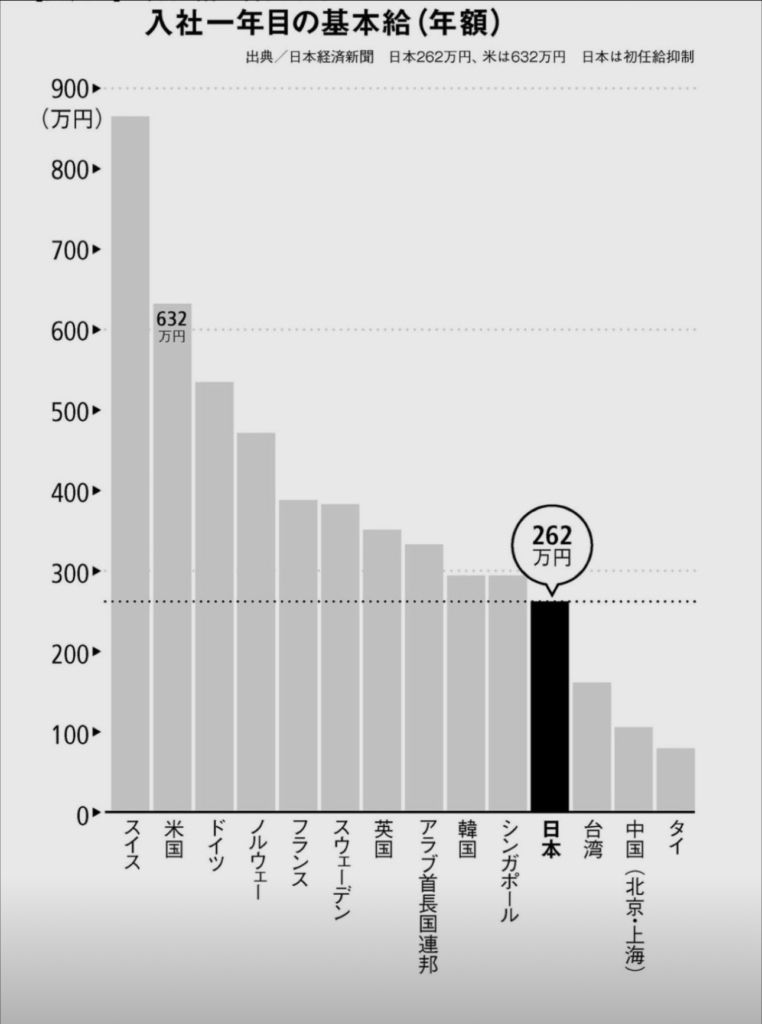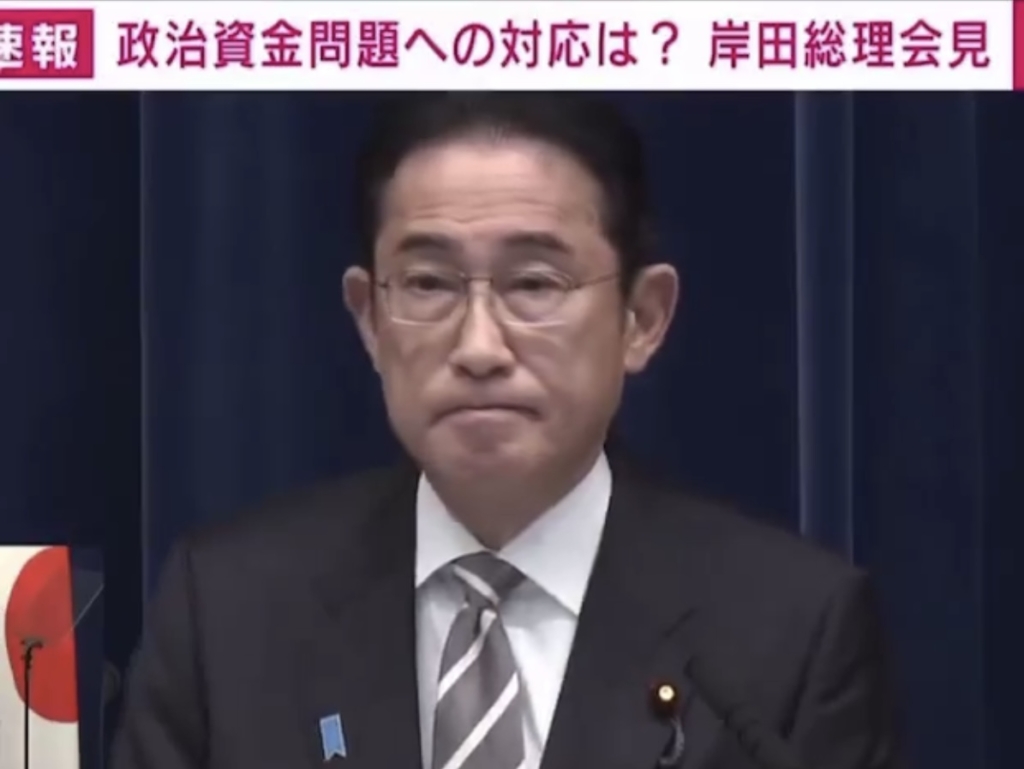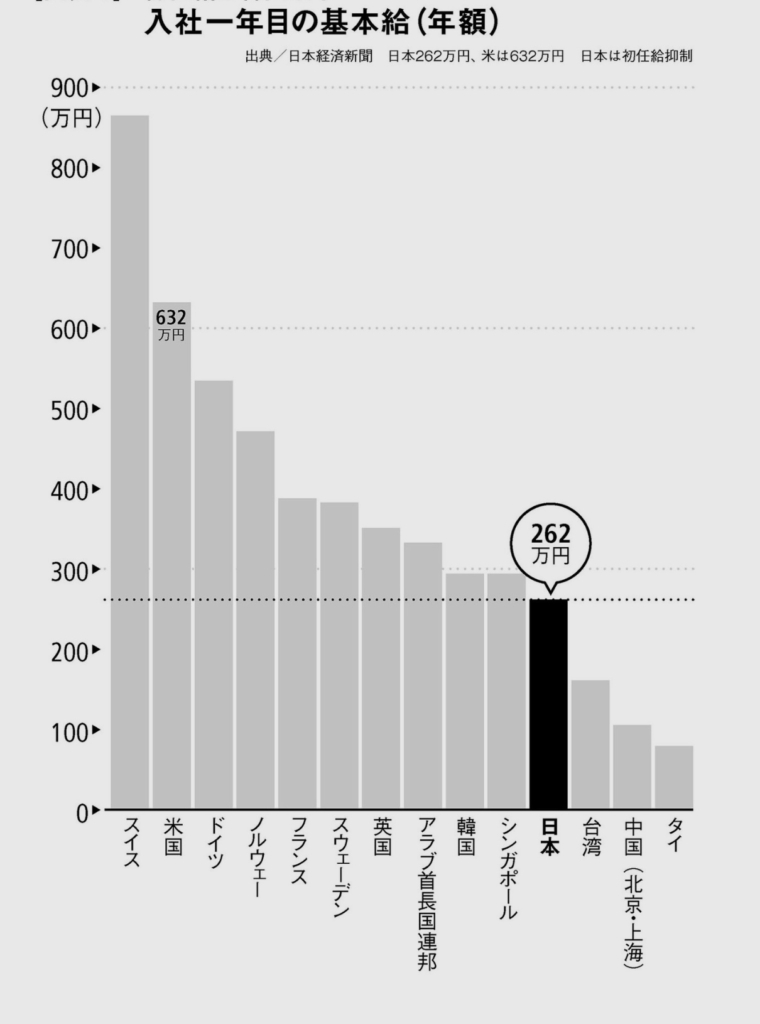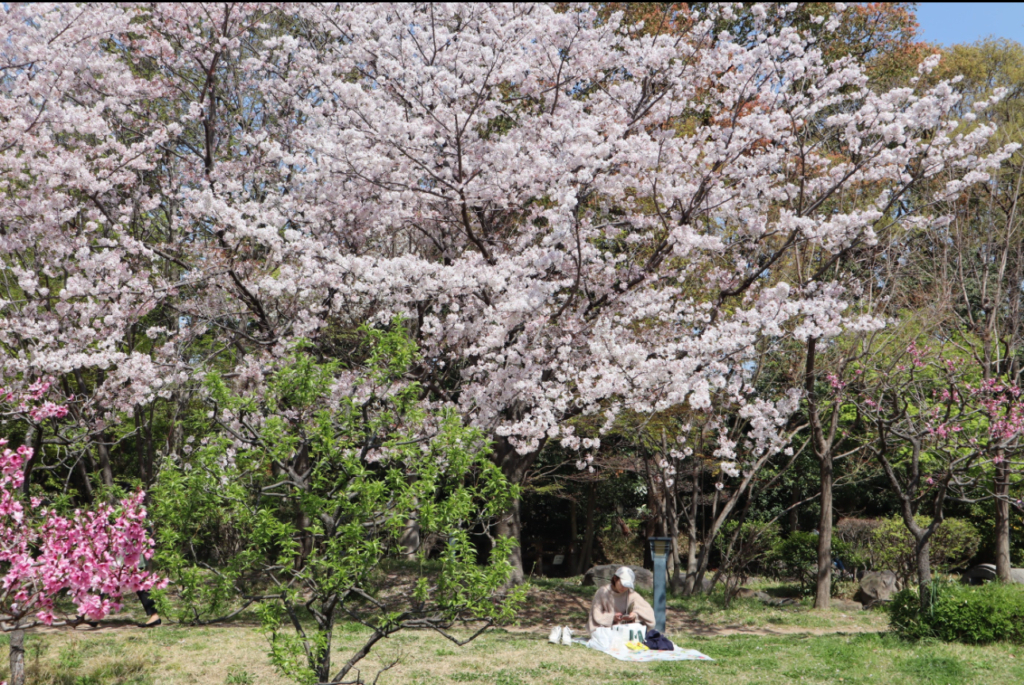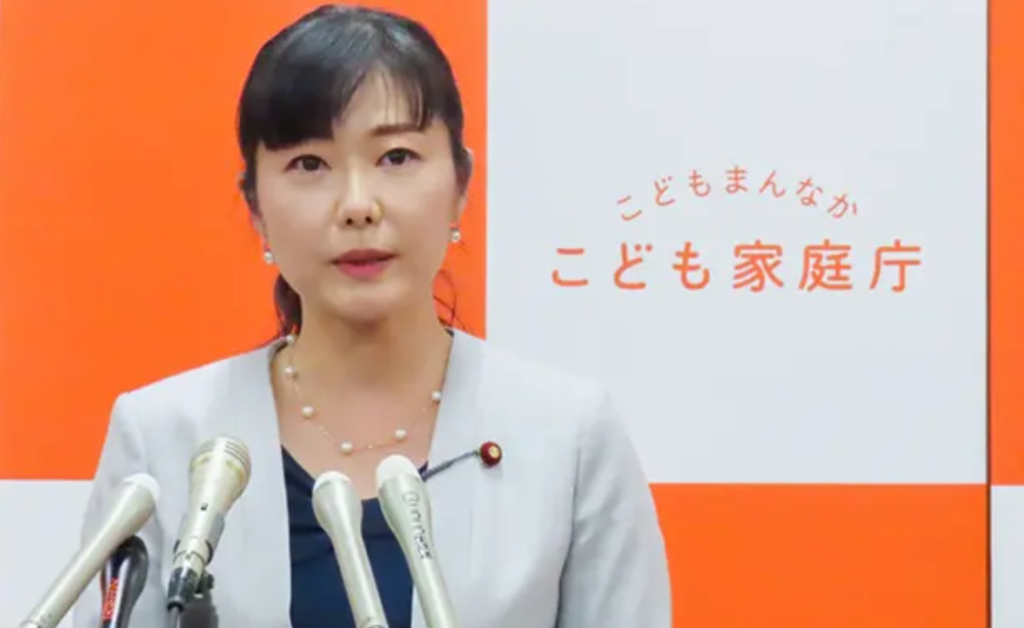
In what seems to be an “unprecedented measure” to counter the declining birthrate, the Kishida administration announced tuition-free college education for households supporting three or more children. This declaration, made by the Minister of Children’s Policies, a female appointee of Prime Minister Kishida, has been met with a barrage of criticism.
Labelled as a de facto tax increase, this policy mirrors the confusion of low-amount tax reductions, making it an obscure form of taxation. This move almost certainly dashes any hopes of revival for the Kishida administration.
Why such a policy? The answer is simple: opposition from the Ministry of Finance in Japan. The Ministry, clinging to the fallacious theory of fiscal austerity (which prohibits spending beyond income), restricts policy flexibility. It appears unconcerned with safeguarding the national finances, focusing instead on enhancing its political clout.
The Ministry’s sole preoccupation seems to be expanding its amakudari (descent from heaven) post-retirement positions, ignoring the financial health of the nation, the well-being of its citizens, and the growth of the Japanese economy.
Moreover, without increased revenues, political donations to politicians do not rise. Budget allocations appear to serve two primary purposes: increasing political donations and expanding post-retirement opportunities for bureaucrats.
Under the Kishida administration, substantial subsidies were distributed to the medical and tourism sectors. Unfortunately, the taxes paid by Japanese citizens are being used solely for political and bureaucratic self-interests. Yet, most Japanese remain blissfully unaware of being deceived by the Ministry of Finance and the Japanese media.
This represents the current state of politics under Japan’s Liberal Democratic Party: a solidified collusion between politics, bureaucracy, and business.
#JapanGovernment #PublicPolicy #GovernmentSpending #FiscalReform #SocialAwareness #PublicDebate #GovernmentAccountability #TaxPolicy #CitizenAwareness #LDPJapan #PoliticalCritiqu
#JapanesePolitics #EconomicPolicy #FiscalChallenges #KishidaAdministration #EducationReform

